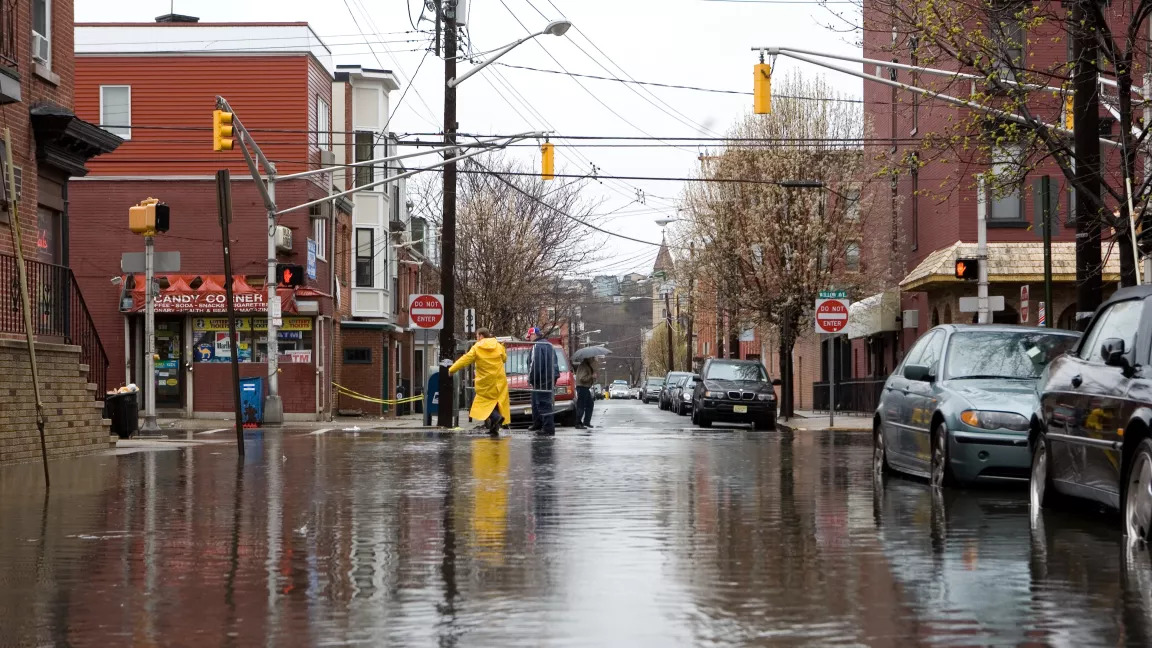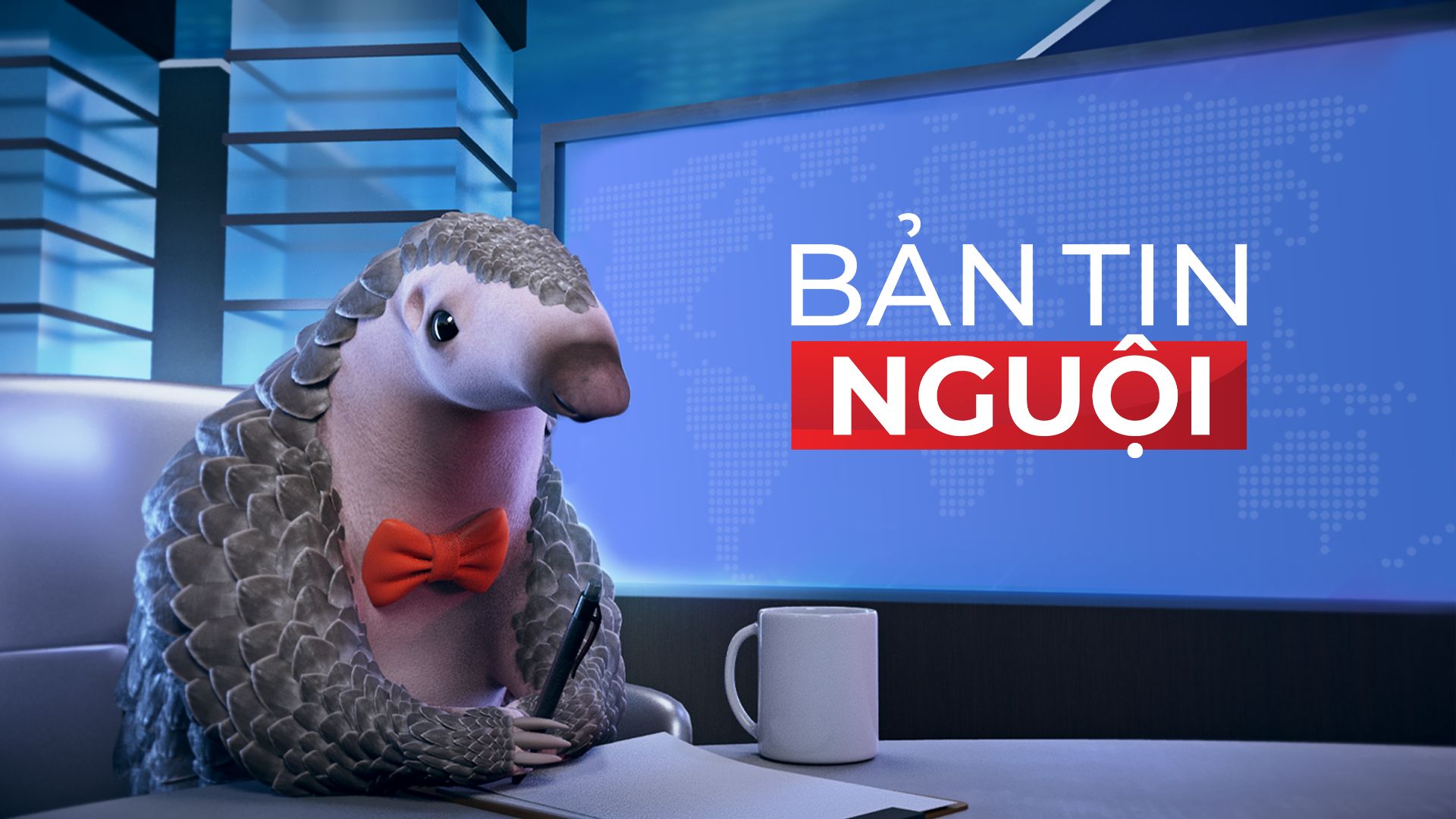Solutions to combat climate change in urban areas
Climate change is one of the world’s most pressing challenges, significantly impacting human lives and the environment, particularly in urban areas. With growing populations, industrial development, and increasing transportation, cities worldwide are grappling with major environmental issues such as flooding, rising temperatures, air pollution, and extreme weather events. In this context, many cities are seeking sustainable solutions to mitigate the impacts of climate change, and one of the most promising solutions is the use of digital technology, specifically “digital twins.“
Simply put, a digital twin is a digital replica of a real-world system or infrastructure. It provides a precise reflection of physical and environmental factors, enabling urban managers to monitor, analyze, and make data-driven decisions based on continuous data from drones, sensors, and satellites.
Another useful application of digital twins is in managing urban heat islands (both above and below the surface). With this technology, scientists can predict which areas are likely to become heat islands. This allows for cooling measures such as planting more trees, cooling roofs, and preserving land for public green spaces.

Digital twin technology helps effectively manage urban issues such as flooding, traffic, etc. (Image: nrdc.org)
Many major cities worldwide have leveraged digital twin technology to combat climate change. Cities like Amsterdam, Singapore, Houston, Tokyo, and Copenhagen have implemented this model to enhance their resilience to flooding and climate-related issues.
While digital twins offer many benefits, they also face some challenges. One of the biggest challenges is ensuring data security and privacy. As cities use this technology, they collect vast amounts of data on infrastructure, population, and the environment. If not secured properly, this data can be hacked or misused, leading to serious security issues.
Additionally, implementing digital twins requires collaboration among various stakeholders, including government, businesses, and communities. This can be challenging in terms of coordination, data sharing, and resource allocation.
In conclusion, digital twins are a powerful tool to help cities combat climate change and achieve sustainable development. In the future, it is hoped that this technology will continue to be improved and expanded, especially in integrating renewable energy sources, optimizing transportation, and managing the environment.
Source: Môi trường & Đô thị newspaper







